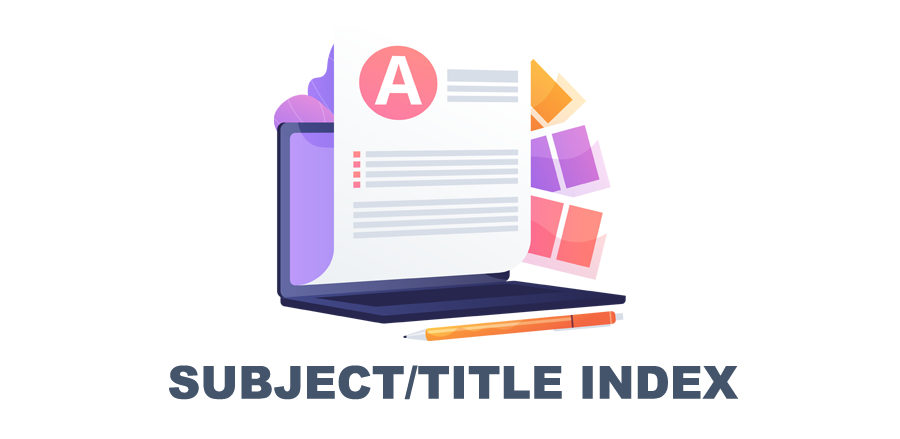Membangkitkan Filologi Siswa dalam Belajar Melalui Ritme Mengajar Kognitif Perpektif Qs. Al An'am [6]:99 dan Relevansinya dengan Kurikulum 2013 serta Titik Temunya dengan Taksonomi Bloom
DOI:
https://doi.org/10.32616/pgr.v4.2.267.1-14Keywords:
philology in learning, Bloom's Taxonomy, the 2013 CurriculumAbstract
The purpose of this research is to describe how to generate students' philology in learning through the rhythm of teaching cognitive Qs perspective. Al An'am [6]: 99 and its relevance to the 2013 Curriculum and its point of contact with Bloom's Taxonomy. This research is a qualitative literature study. Research design becomes a reflexive process at every stage of the research. Qualitative analysis involves developing an awareness of the types of data that can be examined and how they can be explained; and a number of practical activities that help with data types. Then, comparisons are made to study the larger unit of analysis. From the results of the discussion it is concluded as follows: 1) Teaching is about making a difference in the lives of children, but not all can be done successfully due to several congenital factors, therefore the Qur'an systematically provides solutions to generate cognitive energy power with relatively articulated function modes starting with field-dependent (FD) and continuing with field-independent (FI) not the other way around. The teacher, as a facilitator, must consider all types of knowledge in the learning process. 2) Cognitive learning must start with a new mode of analysis and then synthesis, in the learning process the teacher must really know that students are very satisfied (able) in carrying out analytical activities, then the process is transferred to synthesis. In addition, building higher-order thinking skills starts from critical thinking and continues creative thinking. 3) Cognitive advantages in learning are very dangerous. Often tasks don't go smoothly because we start out too big. If when the teacher finds that the group size is too large or too small in various perspectives, stop and review as this will not result in greater success in teaching. 4) In Islamic teaching the emphasis of the final test and evaluation is small, the test needs, process, and efficiency. In the process of becoming dominant, except in the final output of the lesson or one meter there are students who do not master the lesson, from that output, remedies are held, the more students who remedy it can be said that the teacher is less successful in carrying out learning. It may be premature if the previous aspects have not been adequately addressed. Evaluations that show problematic results, perhaps that program objectives have not been achieved, may reflect a lack of proper implementation of the program or even unnecessary in the first phase. 5) In order for the outcome to be created in the implementation of Islamic education, the application of Islamic education values ??is carried out through several methods. The internalization process related to student management consists of three stages, namely: Value Transformation, Value Transaction and Trans-internalization.
Downloads
Published
Issue
Section
License
Copyright (c) 2020 Mohammad Badru Tamam

This work is licensed under a Creative Commons Attribution 4.0 International License.







